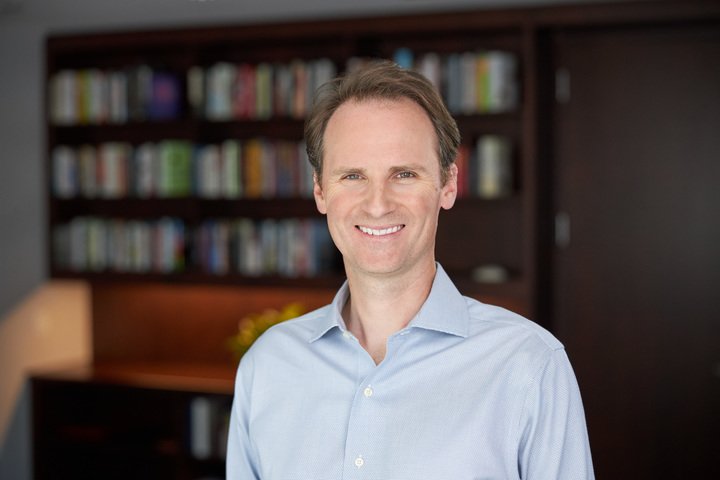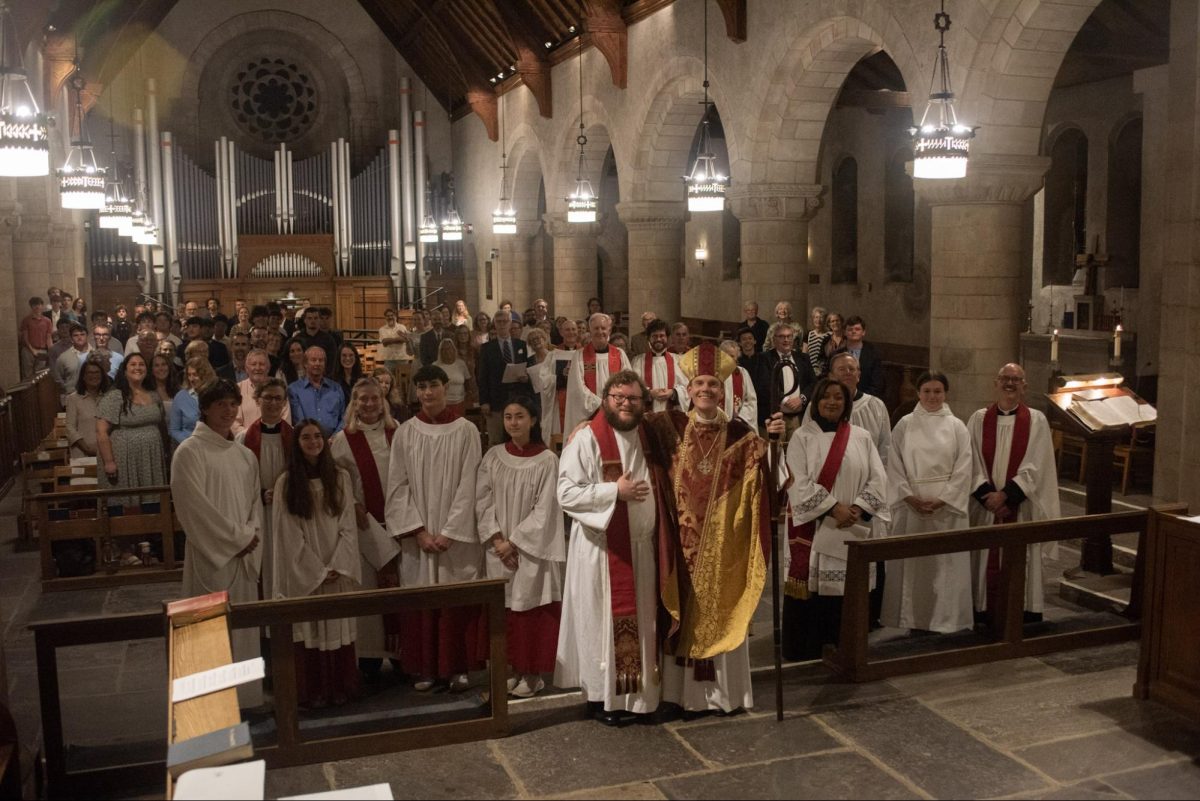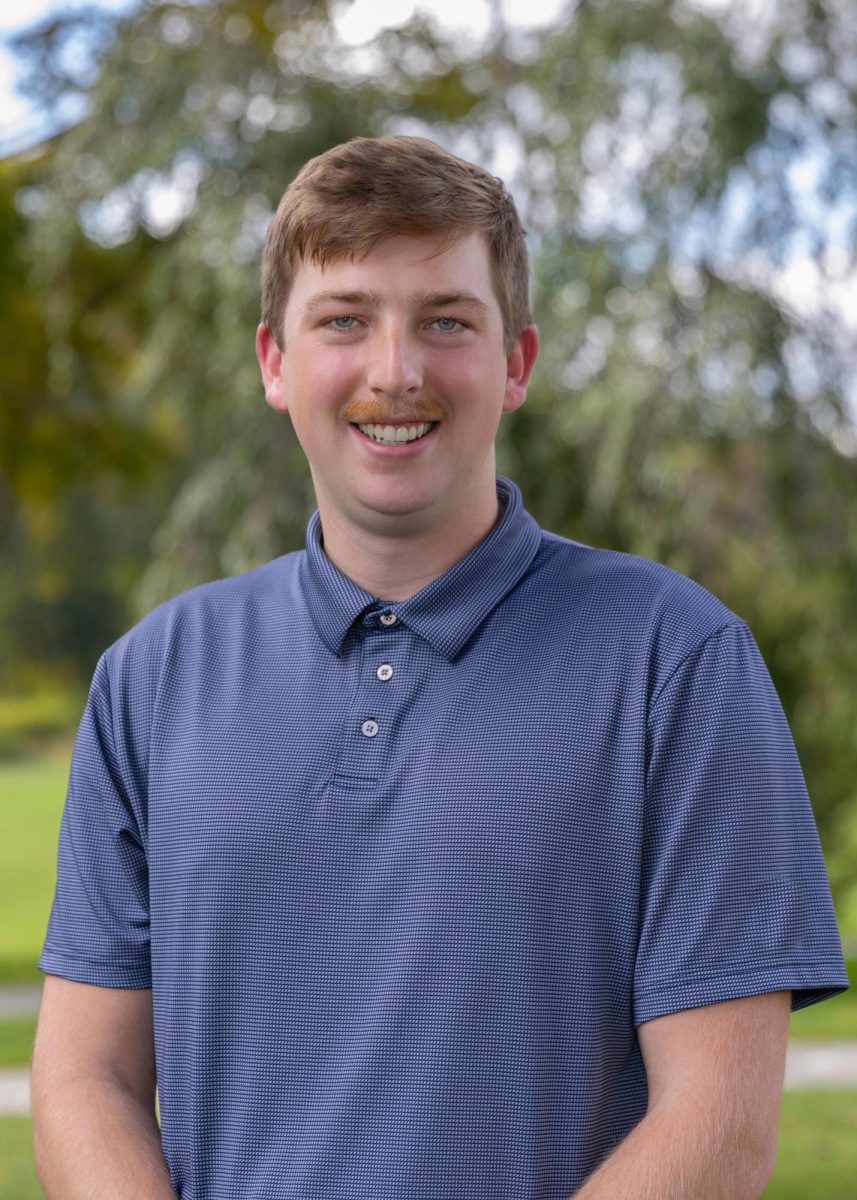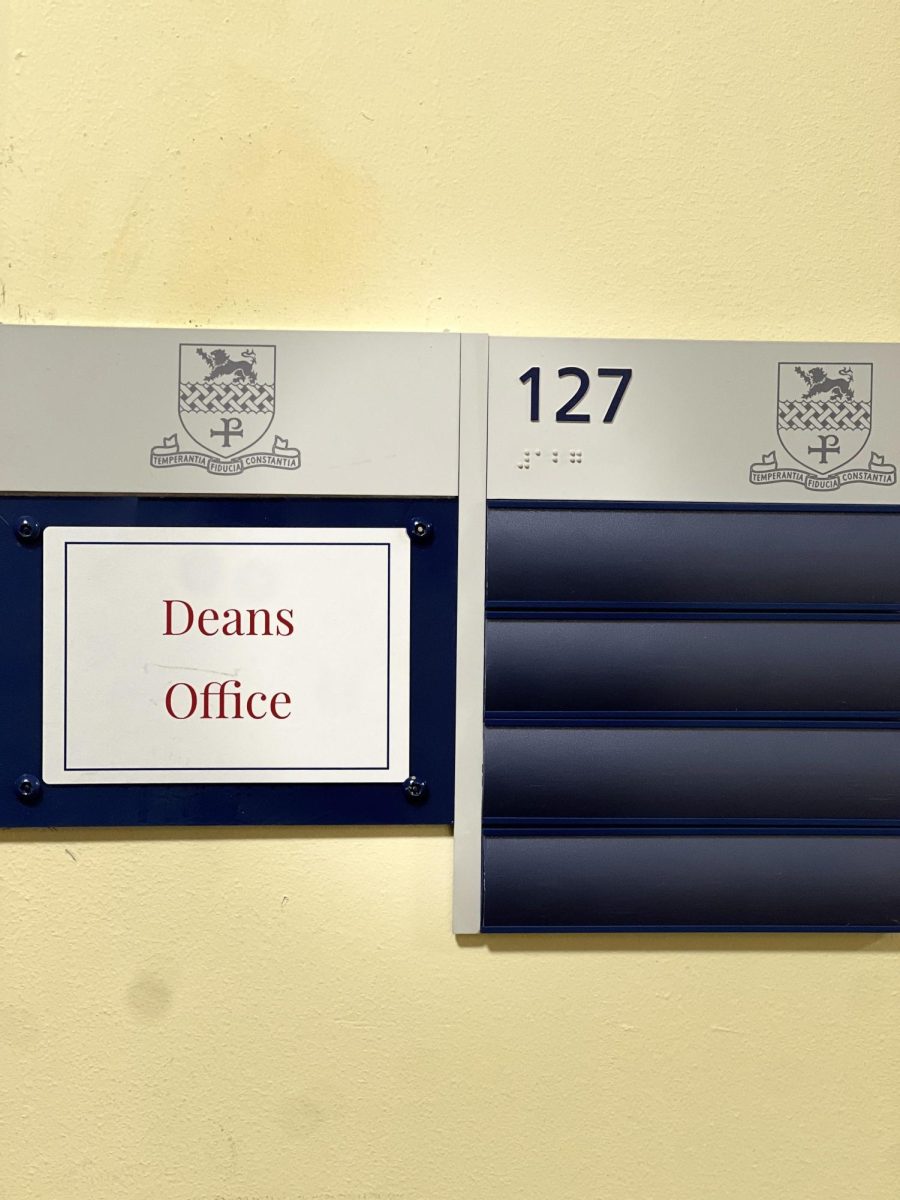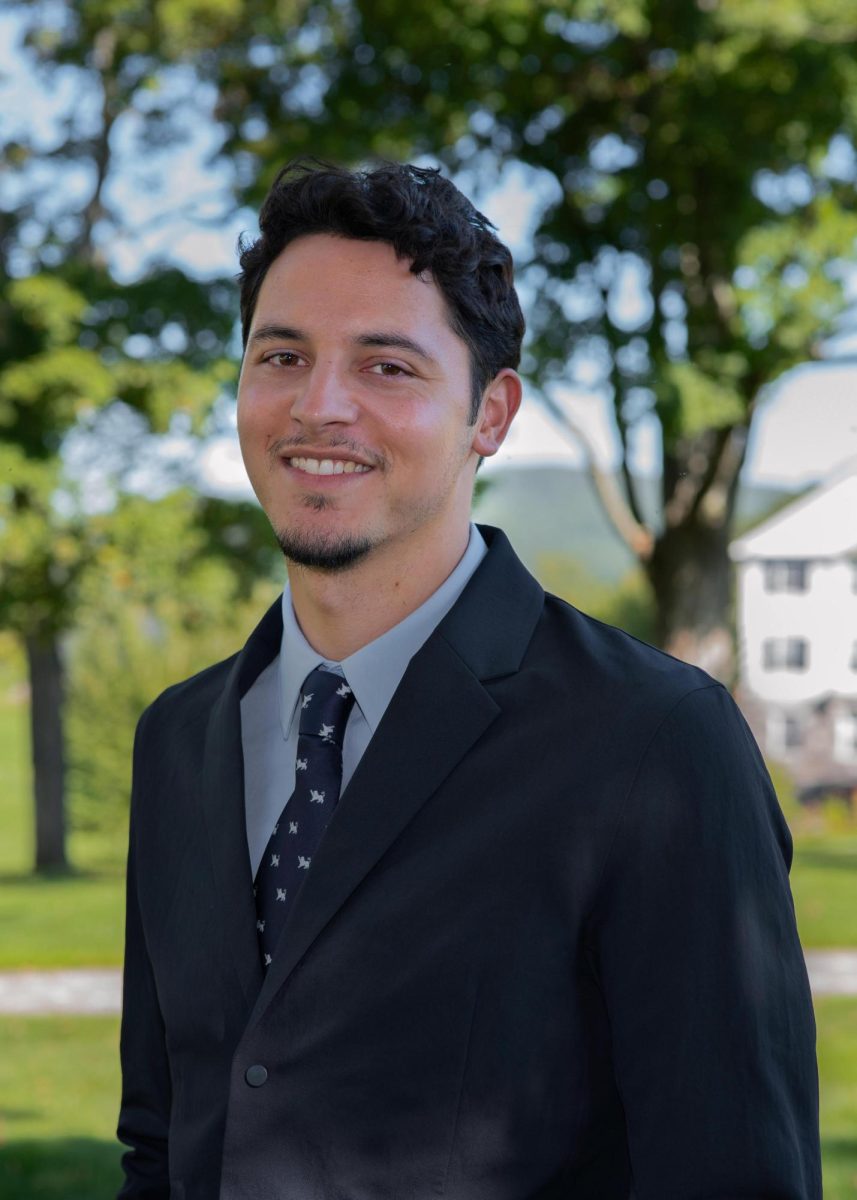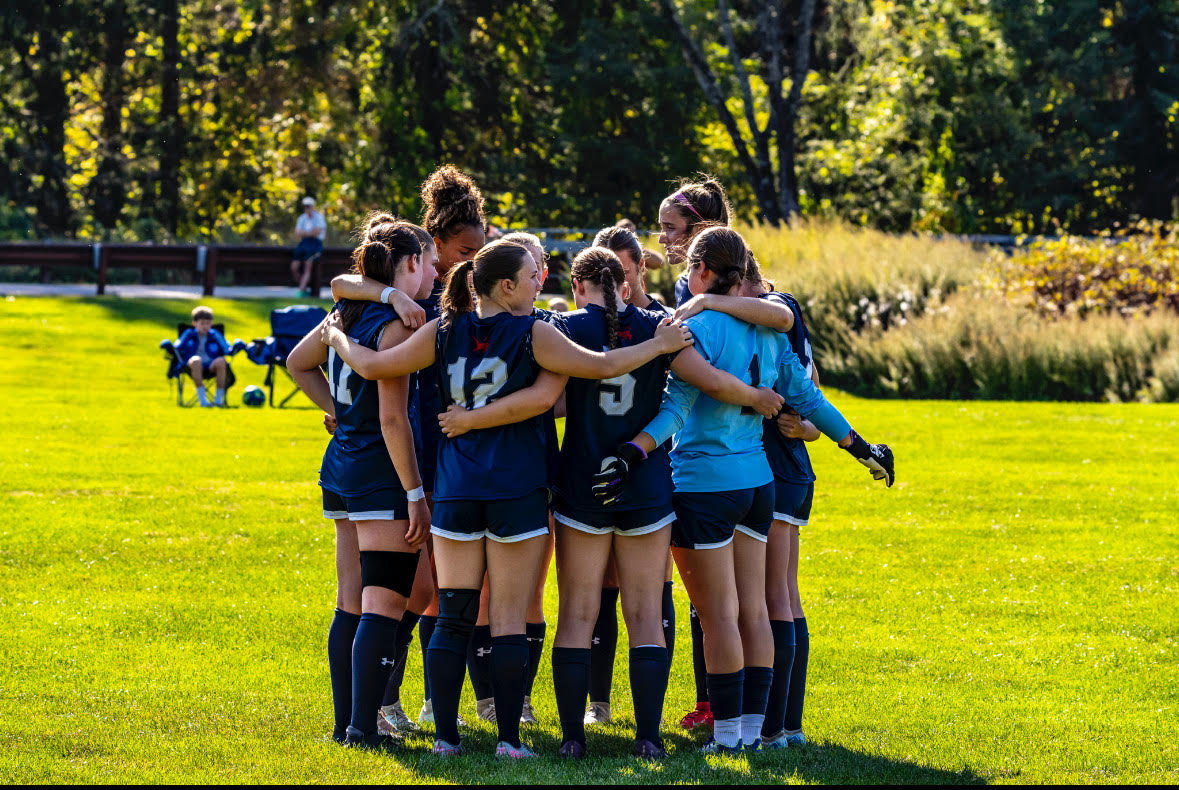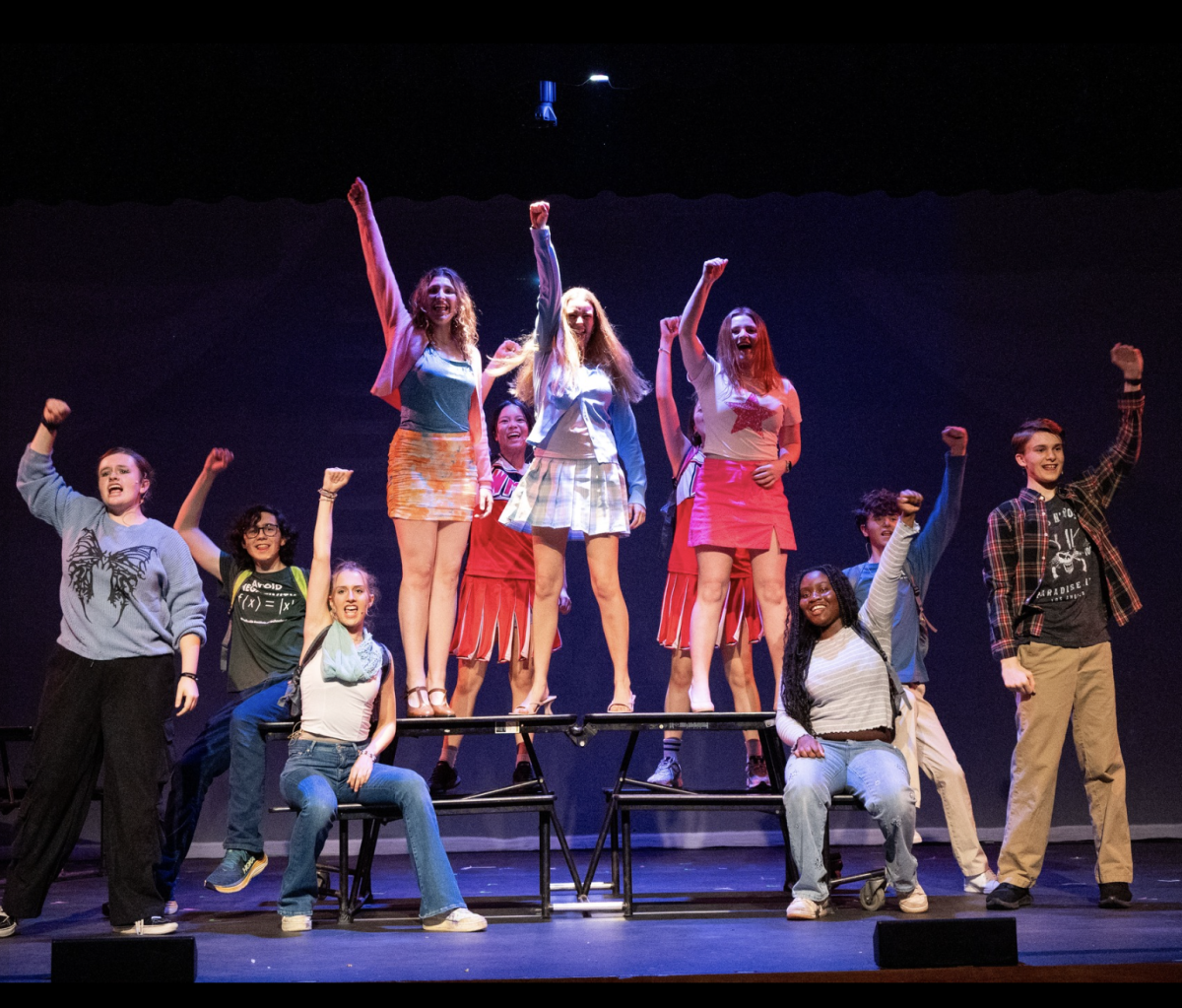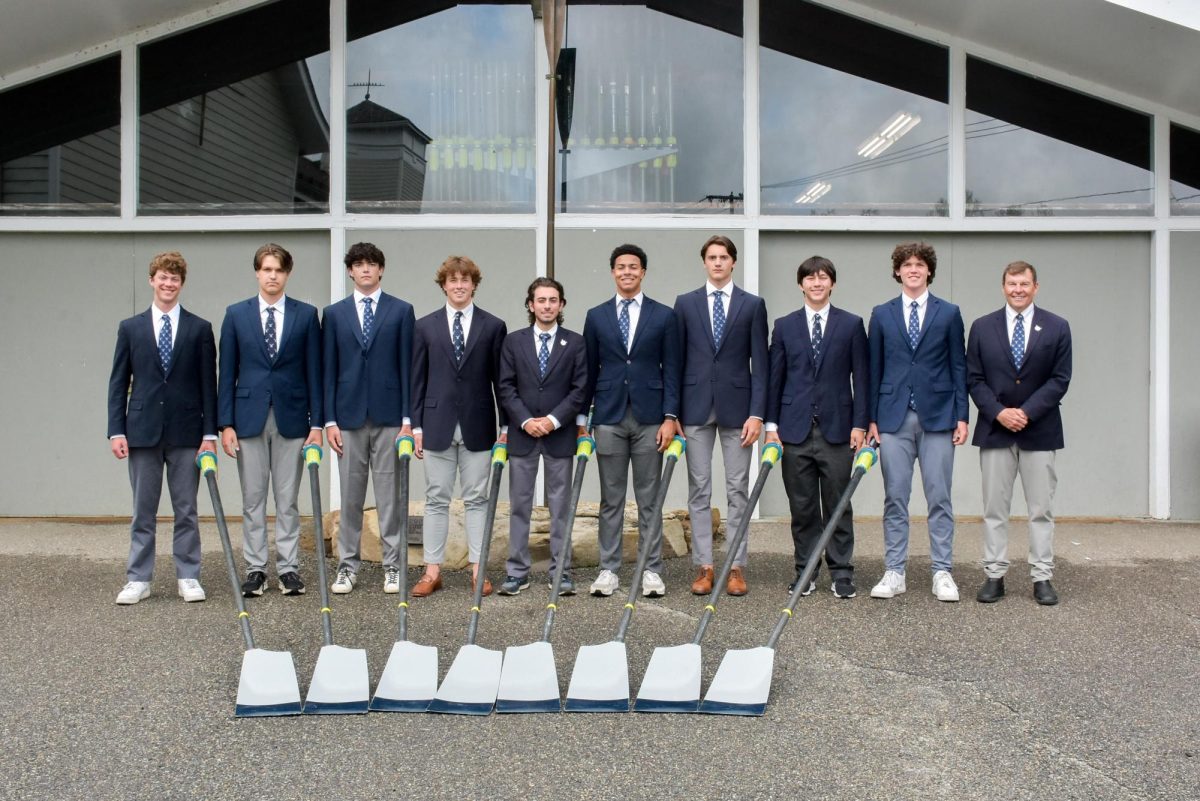When Kent School’s Class of 2025 gathers under the summer sun to mark the close of one chapter and the uncertain promise of the next, they will do so guided by a speaker whose career has consistently navigated the same intersection of tradition and transformation. John Palfrey, President of the John D. and Catherine T. MacArthur Foundation, will serve as this year’s commencement speaker, an appointment that reflects Head of School Michael Hirschfeld’s vision for what a graduation address should offer: insight, intellect, and relevance to the world the students are entering.
A scholar of law and the digital age, a veteran leader in secondary education, and the current steward of one of the largest philanthropic institutions in the United States, Palfrey has spent his career examining and shaping the evolving relationship between technology, society, and democracy. In choosing Palfrey, Mr. Hirschfeld hopes to provide a speaker who can meet curiosity with optimism.
“I think he’s a remarkable person,” Mr. Hirschfeld said in an interview. “He’s a thoughtful person. He’s someone who has spent a lot of time thinking about the relationship between technology and humanity, and that’s a perspective that I think could really speak to our students.”
Mr. Hirschfeld has known Palfrey for nearly fifteen years, a connection that made the invitation a natural one. “Most of these folks are friends of mine,” Mr. Hirschfeld acknowledged of past speakers, “but I try to choose people I think will offer students an interesting perspective as they begin the next chapter of their lives. And John has always struck me as both thoughtful and optimistic—he won’t just say, ‘Good luck, the world is a mess.’ He has something to offer.”
Indeed, Palfrey’s professional trajectory illustrates that balance between pragmatism and idealism. Before taking the helm of the MacArthur Foundation, Palfrey served as the Head of School at Phillips Academy Andover. There, he championed need-blind admissions, expanded faculty diversity, and launched the Tang Institute, an initiative focused on cultivating “meaningful, transformative learning experiences that are rooted in equity and evidence” (Tang Institute at Andover).
Prior to that, Palfrey was a professor at Harvard Law School, where he also served as Vice Dean for library and information services at the Harvard Law School’s library. There, he helped modernise one of the world’s premier legal research libraries, the Digital Public Library of America, bringing it into the digital age while simultaneously exploring how the law must evolve in response to technological advancement. Palfrey was a central figure in early conversations about digital privacy, freedom of expression online, and the way emerging technologies challenge and reshape civic life.
Today, at the MacArthur Foundation, Palfrey oversees a philanthropic portfolio of over $9 billion. The Foundation is known for supporting creative individuals through grants, along with its efforts in climate solutions and public interest media. Perhaps most relevant to current events, however, is the Foundation’s work in strengthening democracy.
“He’s pretty engaged in the dialogue around the American political landscape right now,” Mr. Hirschfeld noted, “but I don’t think his remarks will be political in a partisan sense. I imagine he’ll talk about technology, democracy, and the world these students are entering. And because of who he is, because of his intellect and how he thinks, I suspect it’ll be inspiring.”
Palfrey is also a prolific author. His books address the relationship between technology, society, and youth. Across his works runs a common theme: a deep respect for young people’s capacity to learn, question, and act, coupled with a clear-eyed understanding of the forces that shape them. It is this mix of faith in youth and fluency in the modern condition that makes Palfrey such an apt choice for Kent’s graduation speaker. As Mr. Hirschfeld explained, the process of choosing a speaker is not driven by prestige or popularity, but by a simple question: Who might leave students with something to think about?
While graduation is often seen as a symbolic moment for students, it is also a public-facing one for the school. Parents, faculty, and guests are in attendance. Yet, Mr. Hirschfeld remains clear that the speaker is for the graduating students above all. I think there’s actually more prestige in speaking at a graduation than, say, addressing the entire school,” he said. “It’s such a big occasion, but the focus is still on the graduating class—the people who are taking their next step into the world.”
Palfrey’s appointment is less about who he has been and more about what he represents: a bridge between the ideals that shaped the Kent experience and the realities that await beyond it. As graduates cross that bridge this spring, they will do so accompanied by a voice well-equipped to help them make sense of the crossing.


